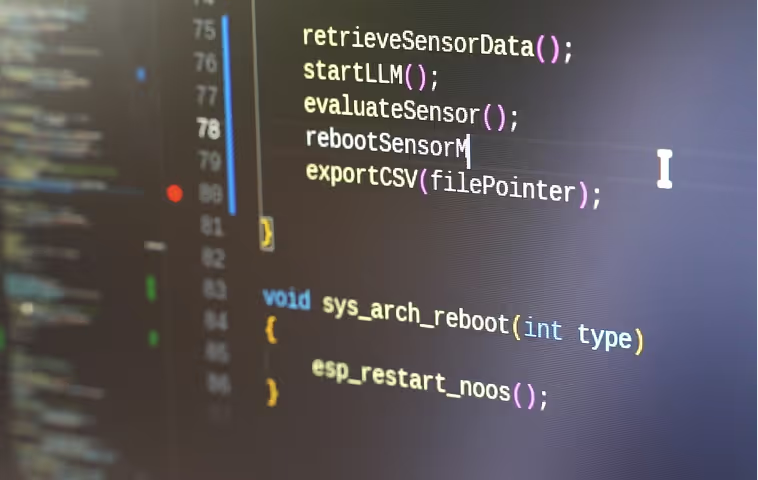OPC UA even for very small devices
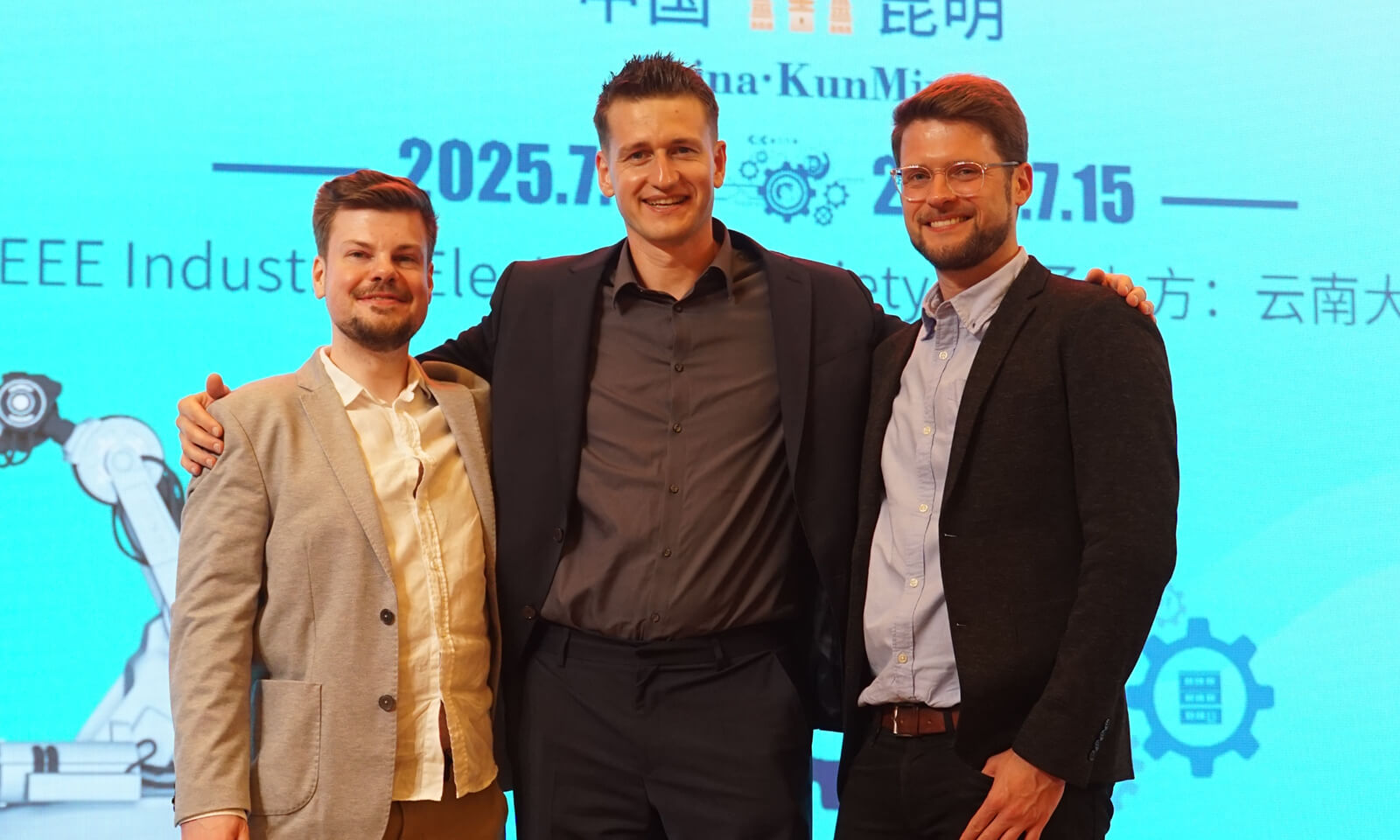
IEEE INDIN 2025 in Kunming, China
We at Adaept Engineering had the honor of leading a comprehensive tutorial on exactly this topic at the renowned IEEE INDIN 2025 (International Conference on Industrial Informatics). The special thing: Our knowledge and experience are now also benefiting audiences in Germany and Europe! In this blog article, we would like to give you an overview of the content, goals and target groups of this tutorial and show you the enormous potential OPC UA has, even on the smallest footprint, for industrial automation and the IIoT sector.

Tutorial overview
This tutorial is intended to give participants a general understanding of OPC UA (Open Platform Communications Unified Architecture) and to teach them how to implement OPC UA on small embedded devices for industrial applications. As industry increasingly relies on stronger networking and the Industrial Internet of Things (IIoT), the cutting-edge integration of IIoT via gateways is being replaced by the direct integration of IIoT into PLCs and even further down the automation pyramid directly into actuators and sensors. This increases the need for standardized communication protocols such as OPC UA on resource-limited devices and will become an important issue in the next decade. During the tutorial, the concept of standardized domain-specific data models in OPC UA, so-called Companion Specifications, is discussed and explained using selected specifications such as Robotics CS or Cranes & Hoists CS.
Scope and depth
The participants address the challenges and solutions associated with the use of OPC UA in industrial scenarios and in particular on small embedded systems, such as microcontrollers with limited computing power and storage capacity. The tutorial covers the following topics:
- The basics of OPC UA and its significance for industrial automation
- The benefits of OPC UA Companion Specifications (standardized domain-specific data models)
- Hardware considerations for small embedded devices
- Software strategies for efficient implementation of OPC UA
- Case studies that demonstrate successful deployments in industrial environments
- Practical exercises for setting up an OPC UA server with an open-source C stack (open62541)
Target group
The tutorial is aimed at...
- Embedded system engineers who want to integrate OPC UA into their products
- Industrial automation professionals who want to understand communication protocols for IIoT.
- Researchers and scientists interested in the latest developments in industrial communication.
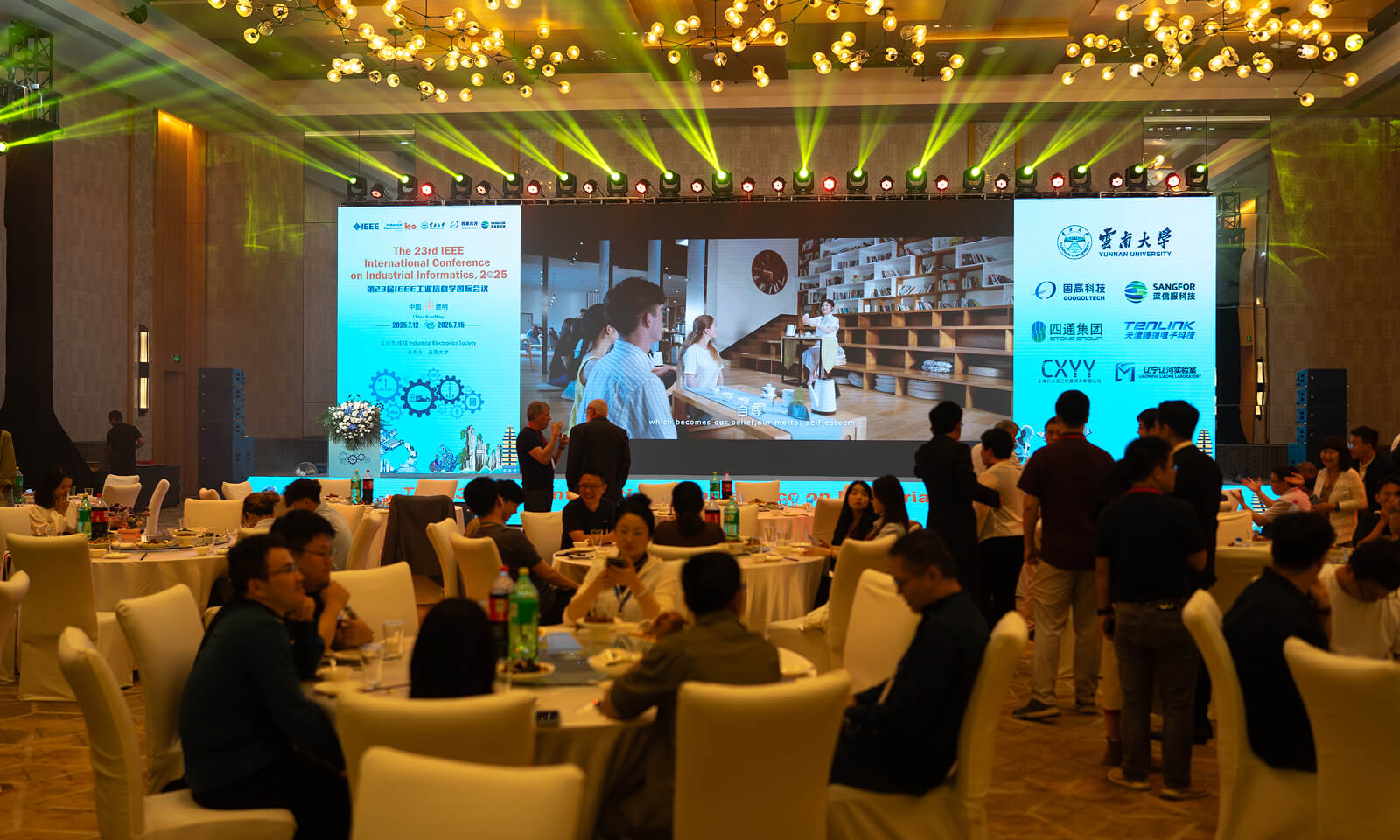
Learning objectives
At the end of the tutorial, participants will...
- understand the benefits of OPC UA in general
- identify the challenges of implementation on small embedded devices.
- Gain knowledge of hardware and software aspects for a successful deployment
gain practical experience through practical demonstrations.
About the author

Dr.-Ing. Arne Wall is a researcher and developer in the field of Industrial Internet of Things (IIoT), currently serving as a Co-Founder and Senior Research Engineer at Adaept Engineering GmbH. He specializes in secure communication protocols and system architectures, with a significant focus on OPC UA and other IoT technologies such as MQTT and CoAP. Dr. Wall has made substantial contributions to the development of security frameworks for smart building automation systems. He holds a Ph.D. in Electrical Engineering from the University of Rostock, where his research centered on enhancing network security in embedded systems. Dr. Wall has published extensively in IEEE and ACM conferences, sharing his insights on topics related to security mechanisms and IoT protocol innovations.
Further interesting posts
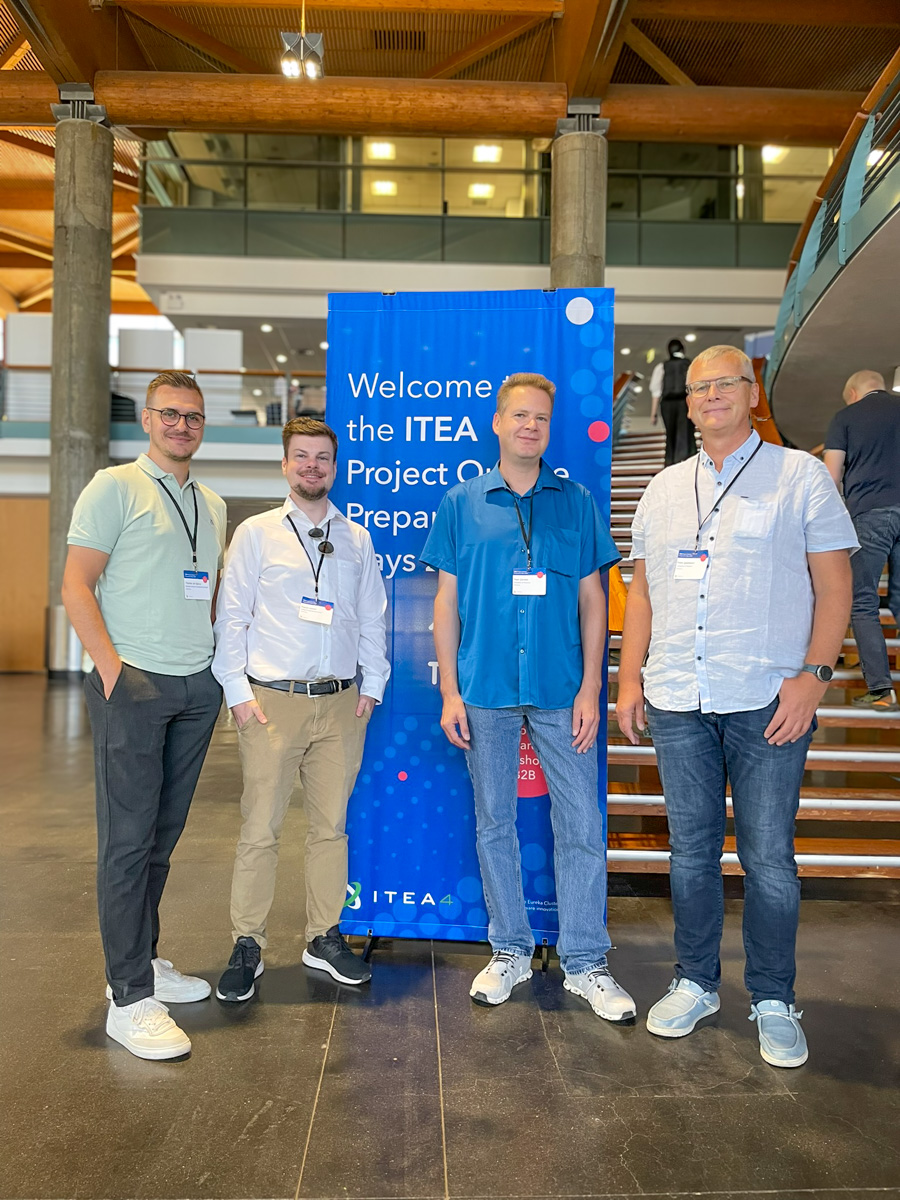
ITEA PO Days 2025 — Adaept Engineering in Portugal on course for the future
From 16 to 18 September 2025, the leading European community for software and hardware innovation gathered in Lisbon for the ITEA Project Outline Days. With almost 400 representatives from industry, research and politics in attendance, the PO Days are regarded as setting the pace for the next ITEA-funded research projects — and thus as the birthplace of the technologies that will shape the market in five to six years' time.
For Adept Engineering, however, this meeting place has always been more than just a mandatory appointment. It was here that the first ideas for the OPTIMUM project were conceived in 2019, leading to our current architecture for semantic OPC UA data models, which was awarded the ITEA Award of Excellence in 2022. Three years later, we returned with the same pioneering spirit.
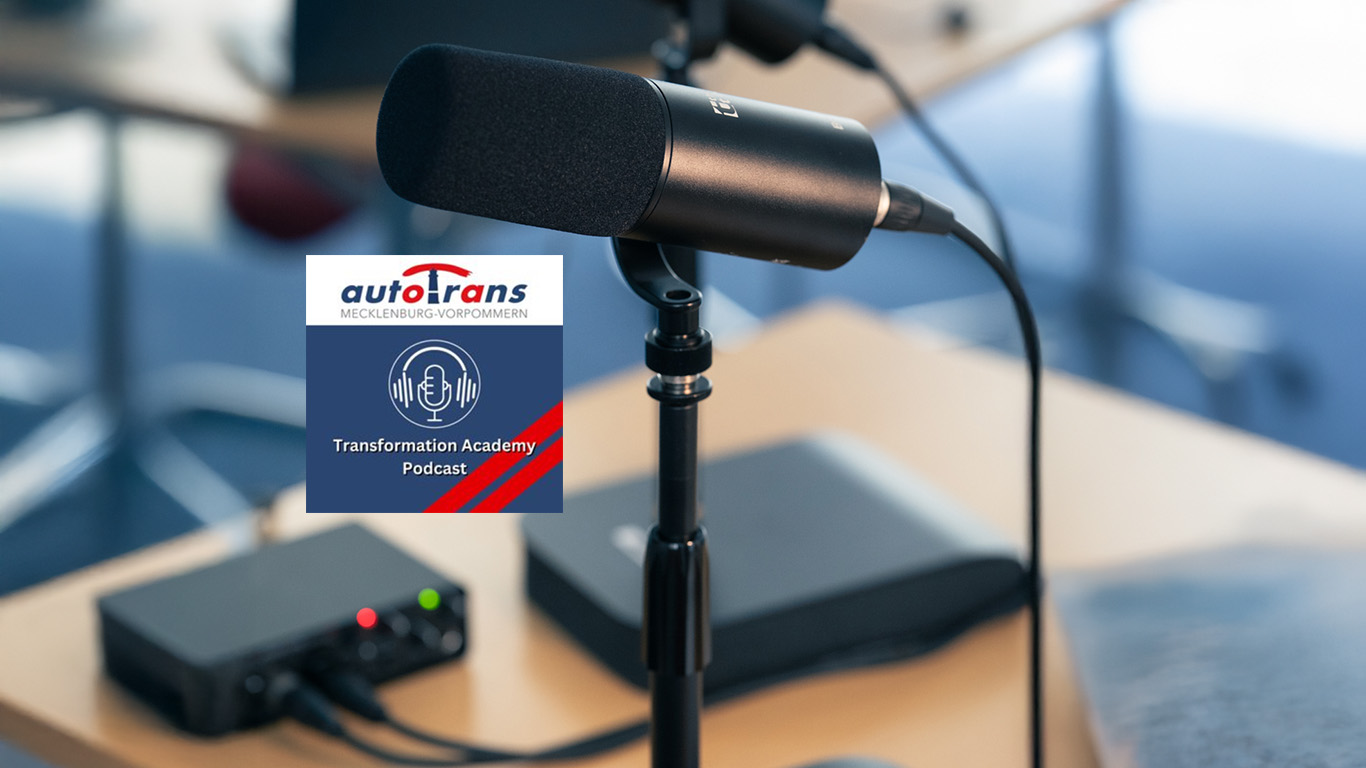
Sustainable production through retrofit — a conversation with Dr. Arne Wall from Adaept Engineering
An old but reliable overhead crane still lifts loads weighing tons every day. His biggest deficit: He doesn't “talk” to the new, digitized processes in the production hall. Does that really mean that a completely new crane has to be purchased? No — says Dr. Arne Wall, co-founder of Adaept Engineering. In the latest Transformation Academy podcast, he explains how retrofitting not only avoids costly new purchases, but also becomes a real lever for sustainability.


From plant to algorithm: Adaept Engineering at the German-Latvian Business Day 2025
On September 26, 2025, more than 300 decision makers from politics, business and science met for the German-Latvian Business Day at HanseMesse Rostock. For Adaept Engineering, it was a home game with international appeal and an ideal stage to show how standardized machine data lay the foundation for joint innovations between Mecklenburg-Western Pomerania and Latvia.

Start a project request now
Let us develop your solutions together.


